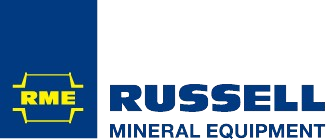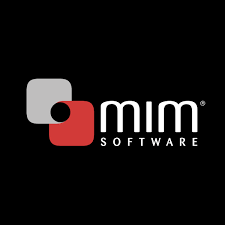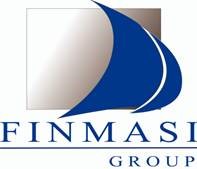
Our collection of resources based on what we have learned on the ground
Resources
presentation
Key Considerations When Establishing a WFOE in China

- November 2014
- Members Access
This document presents the strategic considerations which need to be taken into account when establishing a WFOE in China.
infographic
Steuerregelungen Hongkong und Singapur

- October 2014
- Free Access
Die Grafik vergleicht Steuerregelungen zwischen Hongkong und Singapur
presentation
Cross Border Transactions Profit Repatriation and Funding of SMEs in China

- October 2014
- Members Access
A presentation by Senior Manager Hannah Feng discussing foreign exchange, taxes and VAT reform in China.
infographic
Unternehmenssteuern in China und Vietnam

- October 2014
- Free Access
Die Infografik vergleicht Körperschaftssteuer, Mehrwertsteuer und Dividendensteuer zwischen Vietnam und China.
infographic
Unternehmenssteuern in Indien und China

- October 2014
- Free Access
Die Infografik vergleicht Körperschaftssteuer, Mehrwertsteuer und Dividendensteuer in Indien und China.
magazine
Double Taxation Avoidance in China: A Business Intelligence Primer

- October 2014
- Members Access
In our twenty-two years of experience in facilitating foreign investment into Asia, Dezan Shira & Associates has witnessed first-hand the development of Chinaâs double taxation avoidance mechanism and established an extensive library of resource...
presentation
Dealing with Intercompany Expenses in China

- September 2014
- Free Access
A resource from Dezan Shira & Associates giving advice on initial setup costs for a foreign invested enterprise (FIE) and on the issue of permanent establishment related to staff assignment and on payments of expatriate salaries to overseas.
presentation
Setting up a Business in India

- September 2014
- Free Access
A presentation from Dezan Shira & Associates highlighting the different modes of entry, the types of legal entities, the special agreements and general compliance in India.
presentation
Taxation & Accounting: What SMEs Should Know for the Year 2013-2014

- September 2014
- Members Access
This presentation by Richard Cant, Regional Director, will address a number of taxation and accounting related topics for SMEs in China.
presentation
Permanent Establishment in South China: Key Points to Understand the Chinese Sys...

- September 2014
- Members Access
This presentation from Sisi Xu, Senior Manager in Corporate Accounting Services, will go into detail about corporate permanent establishment in South China.
presentation
Expatriate China Social Insurance, BT to VAT Conversion and Fund Repatriation

- September 2014
- Members Access
This tax workshop led by Senior Manager Hannah Feng and Partner Sabrina Zhang will take you through an overview of the regulatory systems on social insurance, mandatory benefits, corporate income and value-added taxes, and profit repatriation in Chin...
presentation
New Regulations for Representative Offices in China

- August 2014
- Members Access
This presentation by Rosario Di Maggio, Manager, will guide you through tax related changes in China, including: the increase of minimum deemed profit tax rate, tax exemption changes, and more stringent regulations on accounting requirements and othe...
Enquire for more information about our services, and how we can help solve challenges for your organization
Contact UsOur Clients
Discover our esteemed global clients across diverse sectors. We believe in providing our clients with exceptional service and a commitment to being their partner for growth in Asia.
See what our clients say about us



























